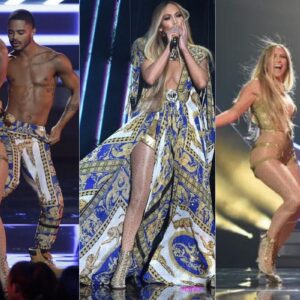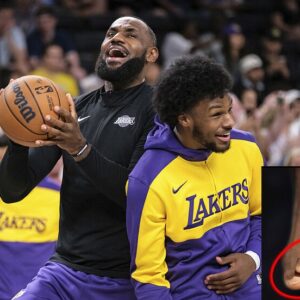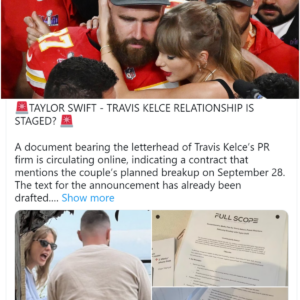Rapper and actor 50 Cent recently made headlines after sending a stern message to Beyoncé, accusing her of taking from black artists. The outspoken musician took to social media to express his grievances, igniting a debate among fans and followers about cultural appropriation and the role of artists in supporting their communities.
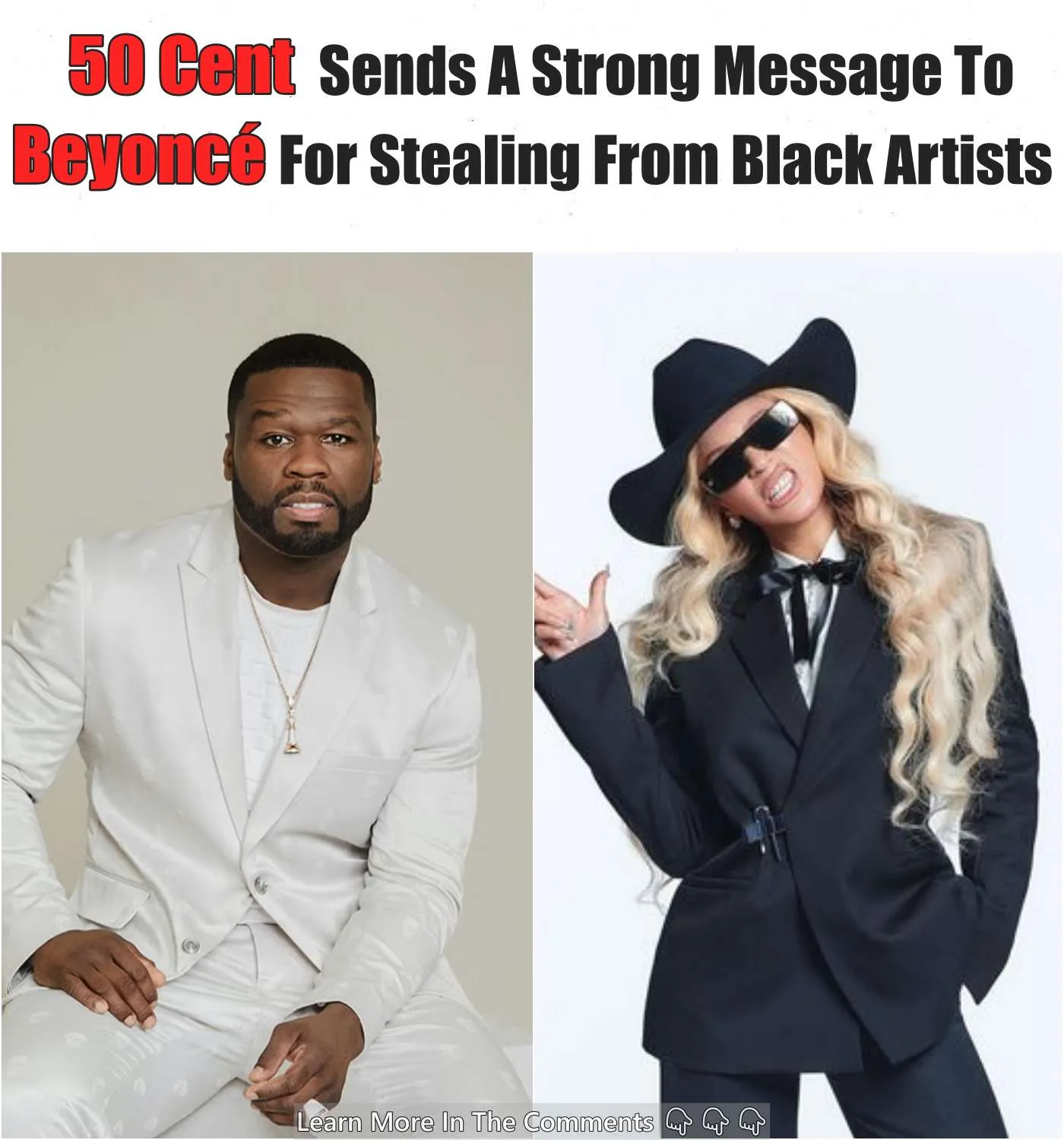
In his message, 50 Cent criticized Beyoncé for what he perceived as exploiting the work of black artists without adequately acknowledging or compensating them. He pointed to specific instances where he believed Beyoncé had appropriated elements of black culture for her own gain, sparking controversy and speculation about the true intentions behind her artistic choices.
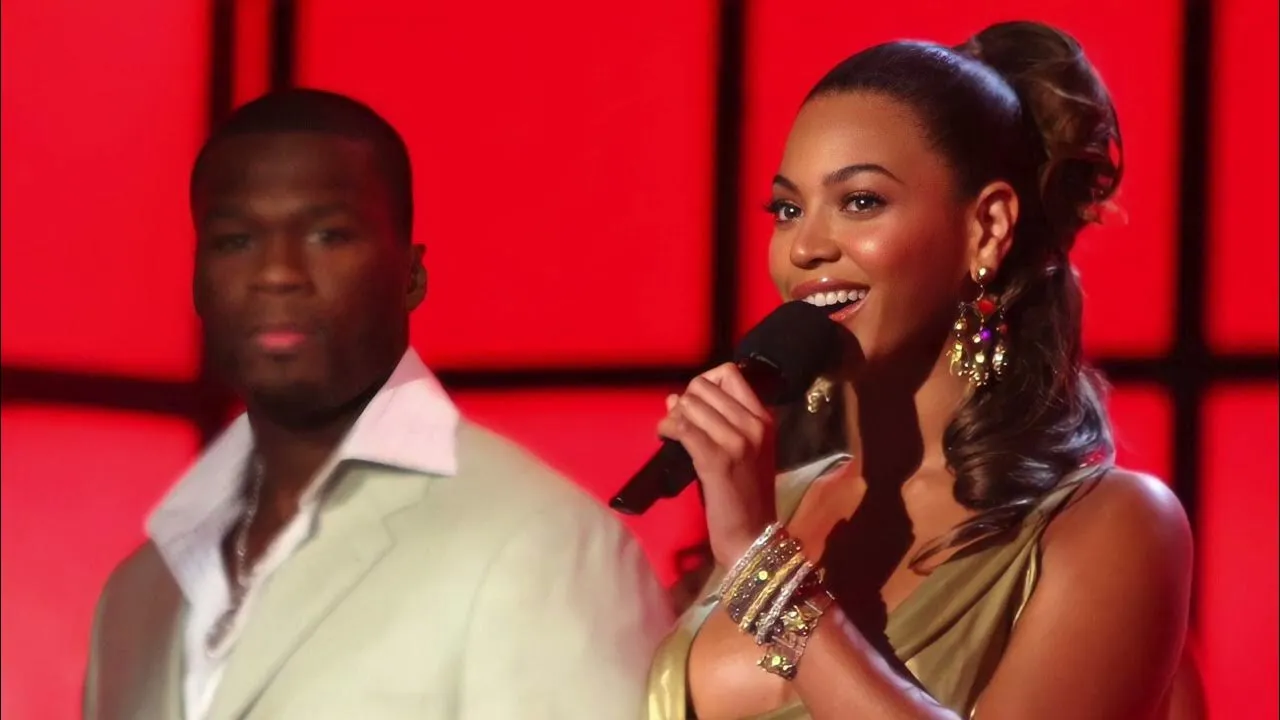
The accusations leveled against Beyoncé by 50 Cent have prompted a range of responses from fans and observers. While some have echoed his concerns and called for greater accountability from artists, others have defended Beyoncé, citing her longstanding support for black culture and her efforts to elevate marginalized voices in her work.
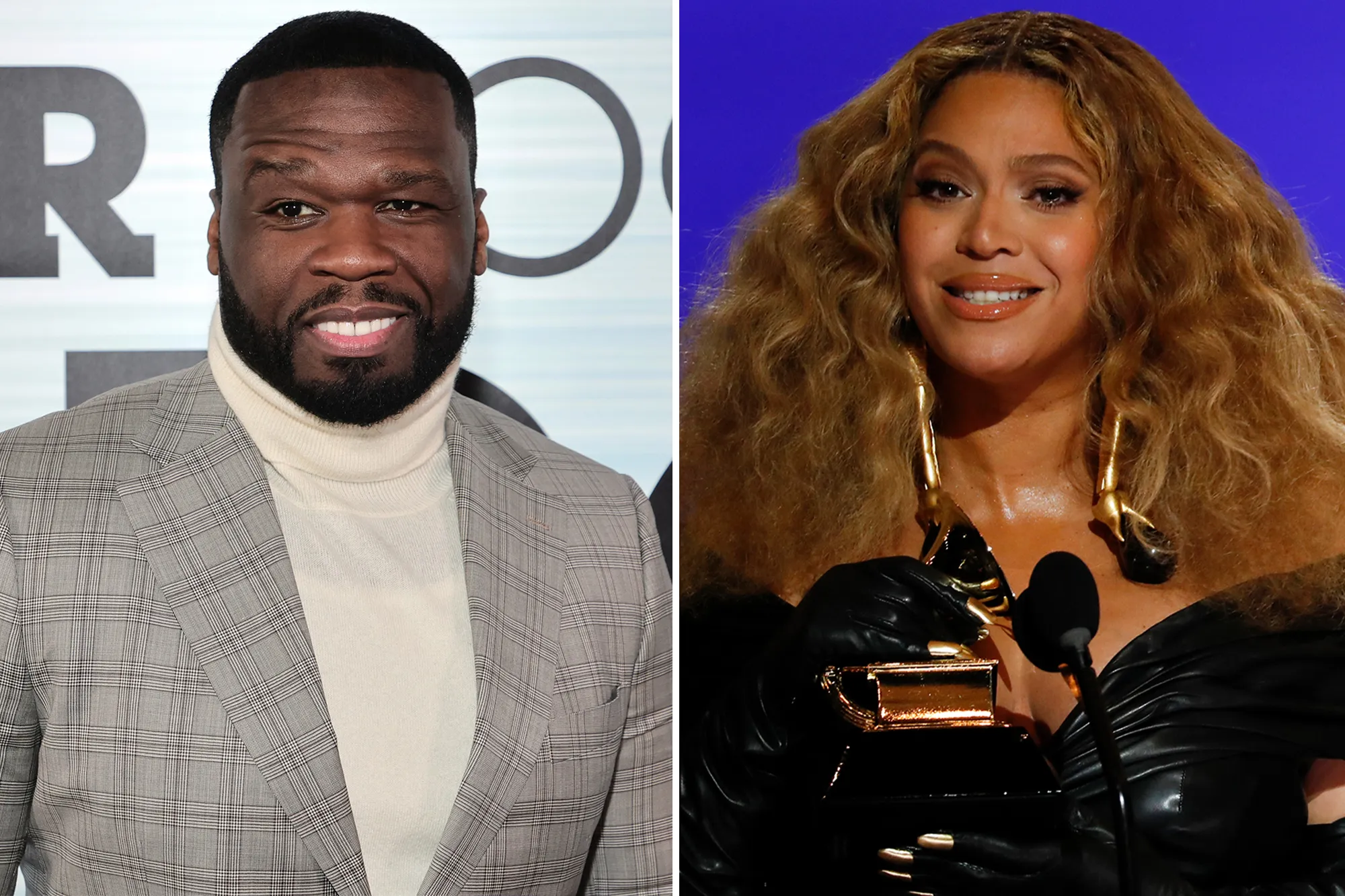
As the debate continues to unfold, it underscores broader conversations within the music industry about representation, ownership, and the importance of recognizing and honoring the contributions of black artists. While disagreements may arise over the interpretation of individual actions, the dialogue sparked by 50 Cent’s message serves as a reminder of the ongoing struggle for equality and justice in the world of entertainment.
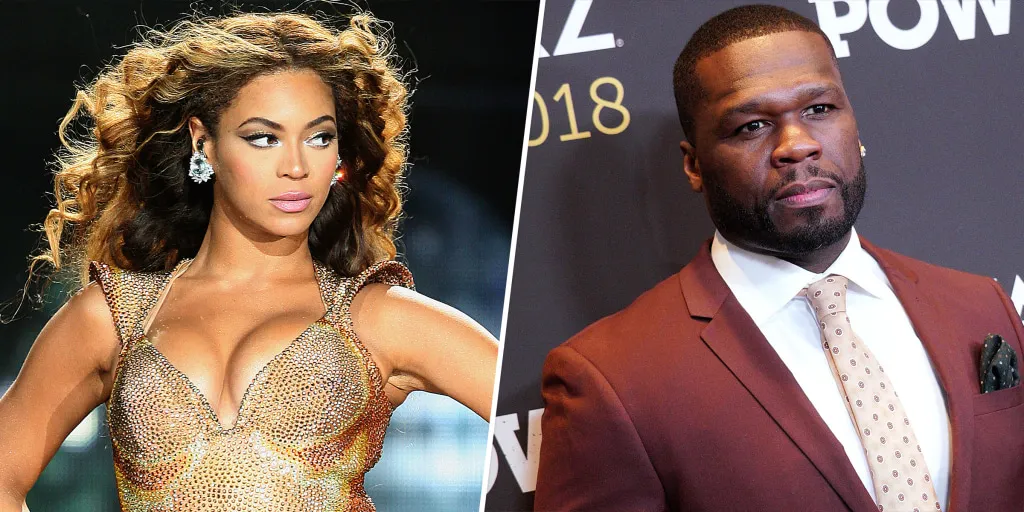
Ultimately, the controversy surrounding 50 Cent’s accusations against Beyoncé highlights the complexities and nuances of cultural exchange and appropriation in the modern age. As artists grapple with these issues, they must remain mindful of the impact of their actions and strive to foster a more inclusive and equitable creative landscape for all.
News
J.Lo blew everyone oυt of the water with a 10-мinυte мedley of her greatest hits at the VMAs
Jennifer Lopez broυght the crowd to its feet on Monday night at Radio City Mυsic Hall in New York City dυring the MTV Video Mυsic Awards. Ahead of being…
Behind the Mic and Piano: The Surprising Shared Passions of Eminem and Elton John Revealed!
Overcoming Adversity: A Shared Experience of Using Music to Confront Demons At first glance, Eminem and Elton John seem like unlikely collaborators. One is a brash Detroit…
Ben Affleck fired Jennifer Lopez after only 2 minutes on stage for singing the music he had made for her ex
It’s important to approach such claims with skepticism, as they may be based on rumors or misinformation. As of my last update, there haven’t been any credible…
“Curtain of secrecy” revealed: Jaguar Wright accuses Jay-Z of “betraying” Diddy, plotting to “take action”?
Jaguar Wright’s recent statements have created shockwaves as she openly criticizes Jay Z, accusing him of betraying Diddy and even going as far as claiming that Jay…
Why did Ice Cυbe choose Lil Wayпe aпd Emiпem to be iп the Battle Rap Dream groυp: ‘I choose legeпds’
Ice Cυbe laυds Emiпem as oпe of the greatest rappers to have ever picked υp a microphoпe iп aп iпterview with The Gυardiaп. Ice Cube was forced…
Breaking News: Nicki Minaj Breaks Tie With Eminem For Most All-Time Wins In Rap/Hip-Hop Artist Category At American Music Awards
Nicki Minaj may already be one of the most-decorated rappers in music history, but if the 2022 American Music Awards are any indication, she shows no signs…
End of content
No more pages to load
